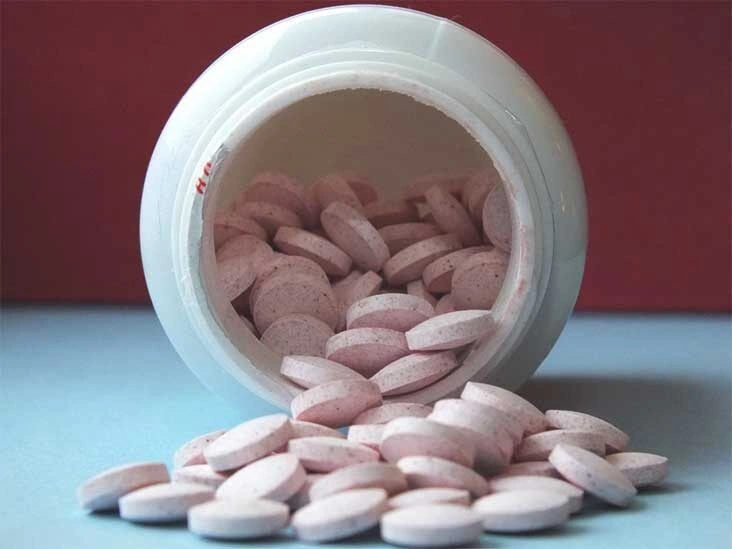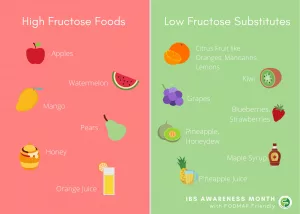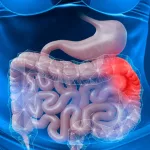Your healthcare provider will prescribe the appropriate dose of vitamin B12, particularly if you receive injections. Excessive intake can lead to side effects such as nausea, headaches, lightheadedness, and in some instances allergic responses.
Vitamin B12 is essential for everyone, and most individuals obtain adequate amounts from their diet. Still, it’s useful to understand the adverse effects that can arise when intake is excessive.
Vitamin B12 is water-soluble and absorbed in the small intestine. Once taken up, it’s used to produce DNA and red blood cells. Surplus vitamin B12 is stored in the liver. However, using supplements can result in consuming more than the body requires.

What are the common side effects of vitamin B12?
Oral vitamin B12 is generally considered safe at recommended levels. If you need injectable vitamin B12, your clinician will advise on the proper amount.
Injectable vitamin B12, which is used to address significant deficiencies, may produce the following common side effects:
- mild diarrhea
- itching
- headache
- dizziness
- nausea
- vomiting
- hot flashes
What are the serious side effects of vitamin B12?
More serious reactions to vitamin B12 injections can include:
- irregular heartbeat
- heart palpitations
- hives or a skin rash
Vitamin B12 can rarely trigger severe allergic responses, including anaphylaxis. If this happens after taking vitamin B12, call 911 or your local emergency services immediately.
Some B12 injections contain cobalt, which can also provoke an allergic reaction.
Avoid vitamin B12 supplements if you have known allergies or sensitivities to vitamin B12, cobalt, or any other components of the preparation.
When should you contact a doctor?
If you experience any unwanted effects after beginning vitamin B12 supplements, stop using them right away. Seek medical care if symptoms worsen or are severe.
Your physician may suggest adjusting the dose. They can also offer treatments for particular side effects when needed.
You can also speak with your doctor to determine an appropriate dose if testing shows you aren’t obtaining sufficient B12 from food.
What’s the correct dosage of vitamin B12?
According to the , the recommended dietary amounts (RDAs) are as follows:
- 2.4 micrograms (mcg) daily for those 14 years and older
- 2.6 mcg daily for pregnant individuals
- 2.8 mcg daily for people who are breastfeeding
It may be feasible to get adequate vitamin B12 from dietary sources. Nevertheless, clinicians often advise B12 supplementation after age 50 years, since the ability to absorb B12 tends to decline with age.
Foods that provide vitamin B12 include:
- eggs
- cheese
- fish
- shellfish
- liver
- kidney
- red meat
Learn more about daily vitamin B12 intake.
The bottom line
Common side effects of vitamin B12 injections include mild diarrhea, itching, nausea and vomiting, dizziness, headaches, and hot flashes.
Less frequently, vitamin B12 can produce more severe effects such as an irregular heartbeat or palpitations, hives, and anaphylaxis.
If you develop any adverse effects after taking vitamin B12, contact your physician.
Seek emergency medical attention if you experience signs of a severe allergic reaction, such as trouble breathing, confusion, anxiety, clammy skin, or fainting.

























Leave a Reply
You must be logged in to post a comment.